The comprehensive traffic safety rules guide you need to stay safe on Australian roads
Unlock the secrets to safe driving in Australia with this comprehensive guide that aims to increase vigilance and knowledge among young drivers.
Ensuring safety on Australian roads is a collective responsibility. Despite stringent traffic regulations, the country witnessed a staggering 1,123 road fatalities in 2021, with young drivers aged 17-25 accounting for a disproportionately significant share (BITRE 2021). This alarming statistic highlights the pressing need for increased awareness and adherence to traffic safety rules.
This guide delves into the critical traffic safety regulations every Australian driver must know. By understanding and following these rules, we can collectively create a safer environment for ourselves and others on the road.
Road safety awareness is not just a matter of obeying laws; it's about cultivating a culture of responsibility and consideration. Whether you're a seasoned driver or a newcomer behind the wheel, staying informed and vigilant can make all the difference in preventing road crashes and saving lives.
Essential traffic safety rules in Australia
Explore the critical traffic safety rules vital for navigating roads in Australia that ensure safety for drivers and others who use the road.
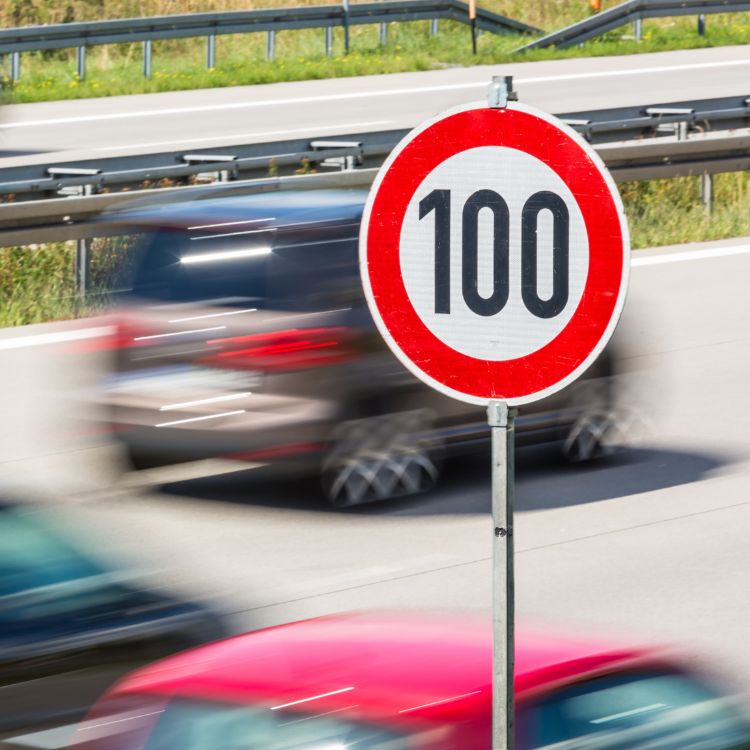
Speed limit
Adhering to posted speed limits is crucial for maintaining control and minimising the risk of road crashes or related incidents. Excessive speed not only endangers the lives of drivers, passengers, and others on the road but can also result in hefty fines and licence suspensions.
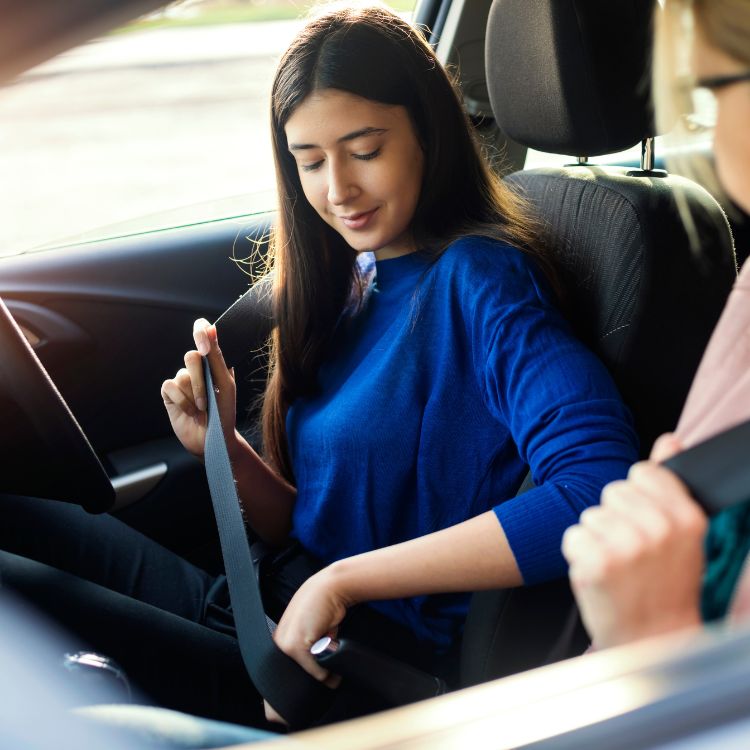
Seat belts
Wearing seat belts is mandatory for all occupants of a vehicle in Australia. This simple yet lifesaving measure can significantly reduce the severity of injuries in the event of a collision. Ensure that everyone, including passengers in the back seat, is properly restrained.

Alcohol and drug impairment
It’s strictly prohibited for anyone to drive under the influence of drugs/alcohol. If caught, penalties may include licence suspension, fines, or even imprisonment. Be sure to plan and choose a designated driver or alternative transportation options if you plan to consume alcohol.
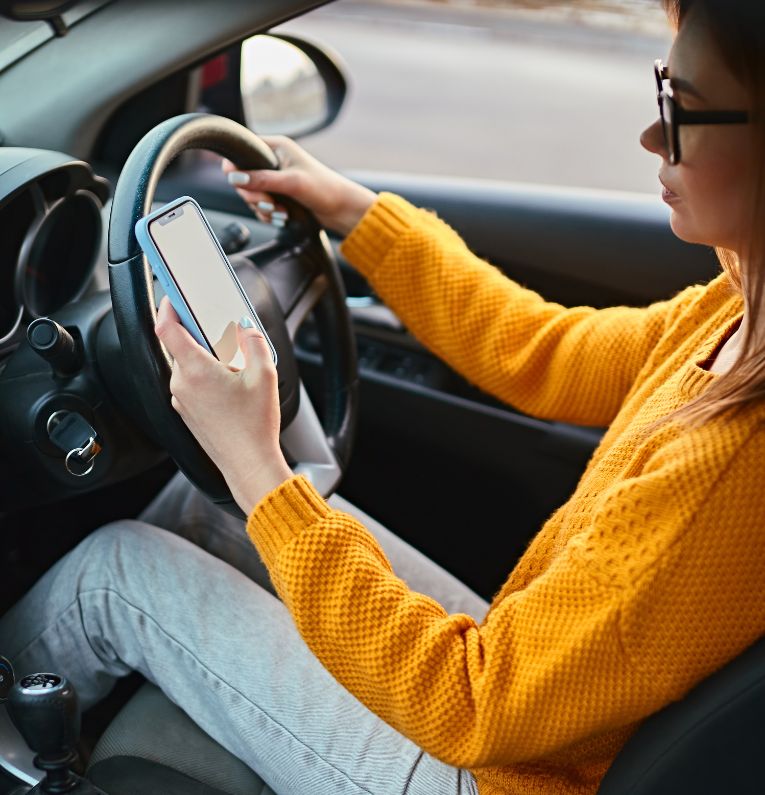
Distracted driving
Engaging in activities that divert your attention from the road, such as using a mobile phone, can significantly increase the risk of collisions and lead to serious injury or fatalities. Pull over to a safe location if you need to use your phone or attend to other distractions.
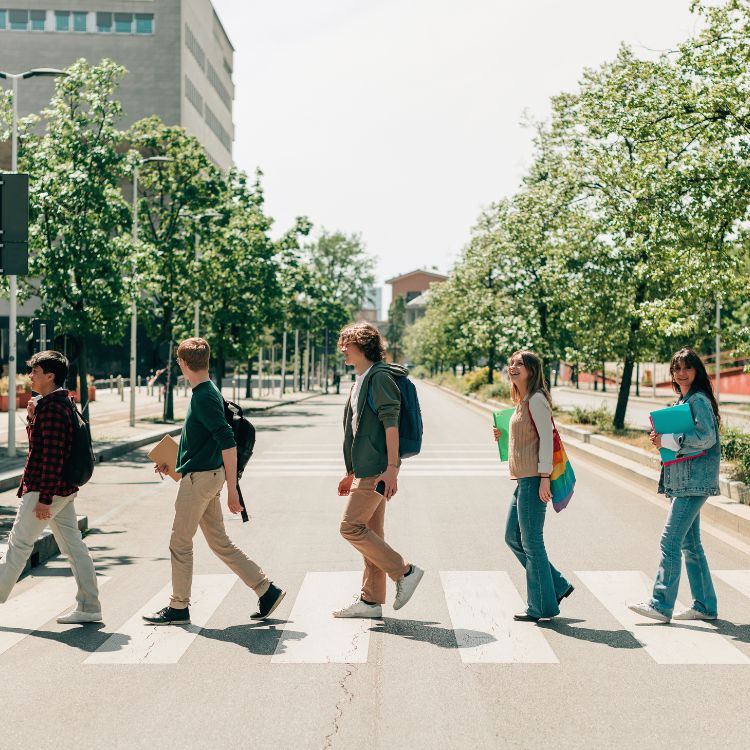
Pedestrian crossings
It’s important to remember that when it comes to pedestrian crossings, pedestrians have the right of way at designated crossings, and drivers must yield to them at all times. Failure to do so can result in heavy fines and potential legal consequences in the event of a collision.
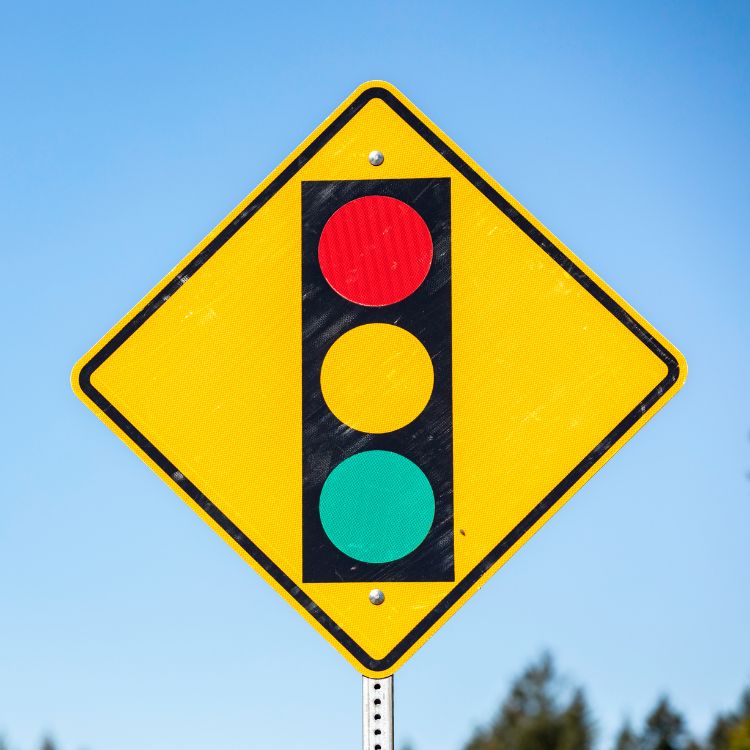
Road signs and signals
Pay close attention to traffic lights, road signs, and other signals. They are designed to regulate traffic flow and ensure everyone's safety. Ignoring them can lead to dangerous situations and legal ramifications, especially when driving in Australia’s harsh weather conditions.
What Our Community Says About Us
Our Partners


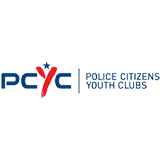


Youthsafe: Empowering young Australians for safer roads
Youthsafe is an organisation committed to promoting road safety among young Australians. Our comprehensive programs and services provide invaluable resources for young drivers, parents, and driving instructors alike.
Youthsafe offers practical workshops, educational materials, and interactive sessions to equip young people with the knowledge and skills necessary for responsible driving. From defensive driving techniques to understanding the consequences of risky behaviours, Youthsafe initiatives aim to foster a culture of safety on the roads.
FAQs
Yes, wearing an approved helmet is mandatory for cyclists of all ages in Australia. This law applies not only on public roads but also on shared paths, footpaths and any other public areas where cycling is permitted.
Choosing not to wear a helmet while cycling can lead to fines. The purpose of this law is to reduce the risk of head injuries in the event of a fall or collision, as helmets have been proven to significantly improve cyclist safety.
If you're involved in a minor traffic accident in Australia, the first step is to move your vehicle to a safe location, such as the side of the road or a nearby parking lot, if possible. Alert other drivers using your hazard lights. Don’t hesitate to call emergency services in case someone is injured.
Don’t forget to exchange information with the other driver(s) involved in the collision. It's also a good idea to take photos or videos of the scene and any damage, as well as gather contact information from any witnesses. Report the accident to the police, even if it's minor, as this is a legal requirement in most states and territories. Failure to report an accident or leaving the scene can result in penalties.


